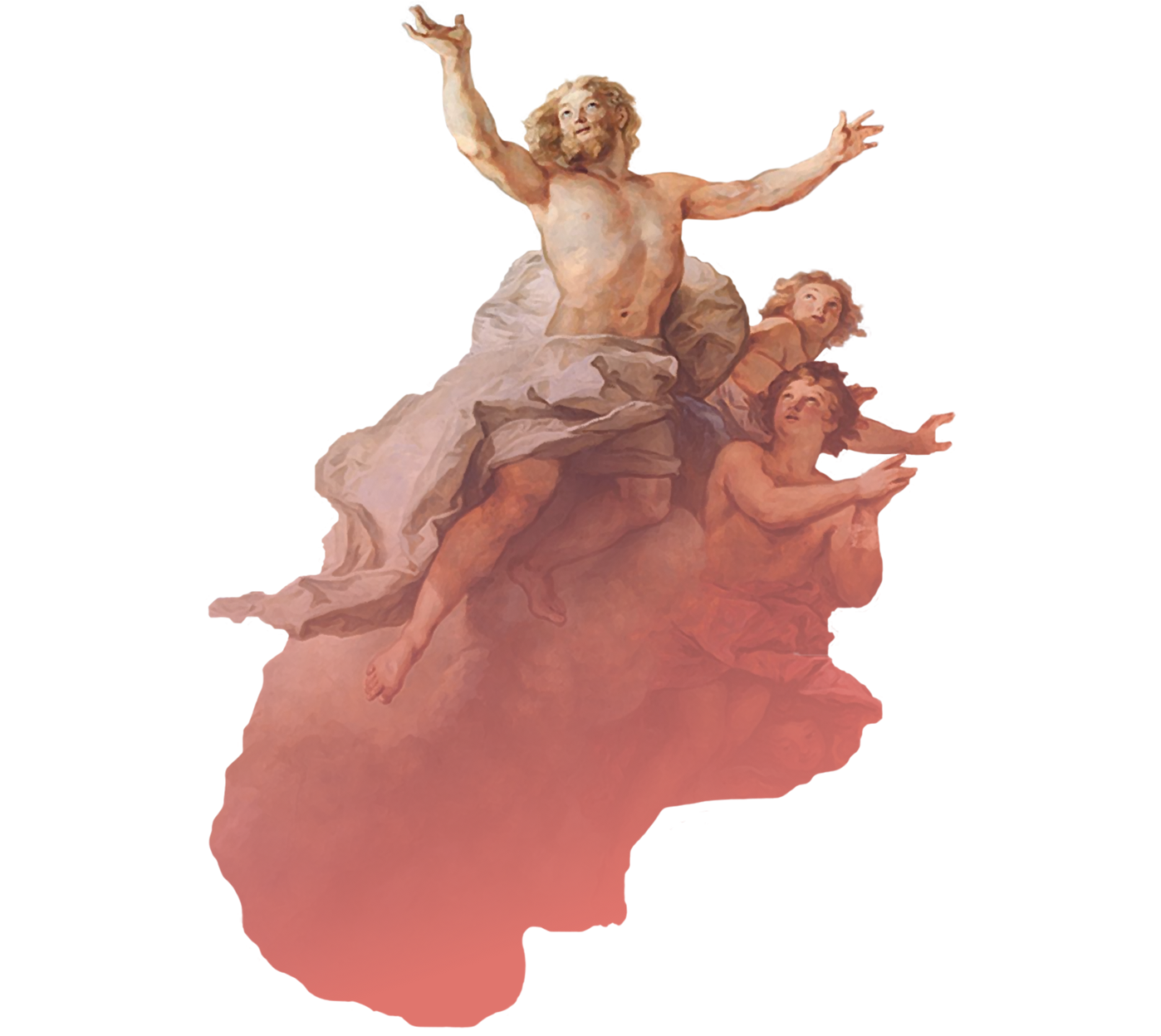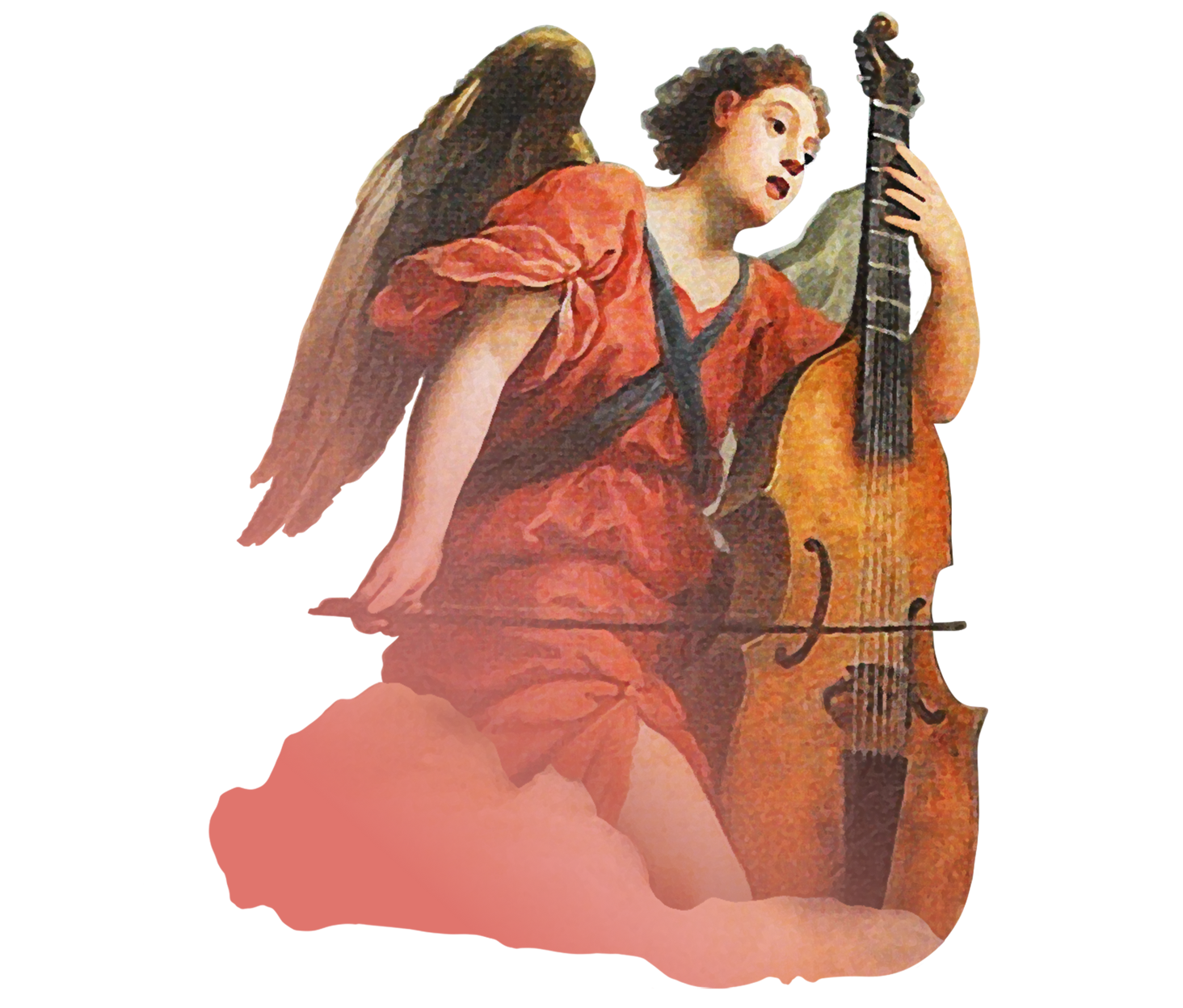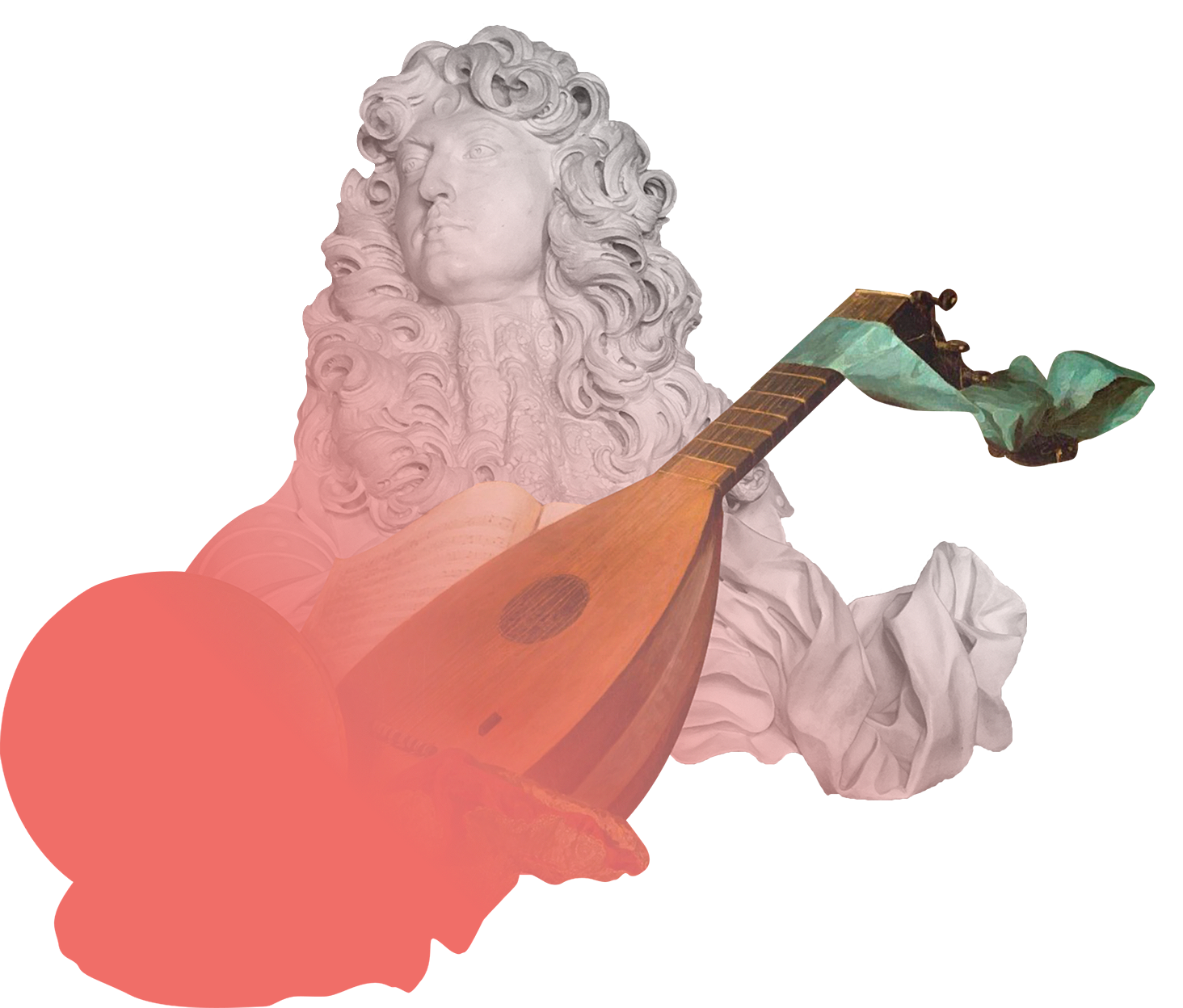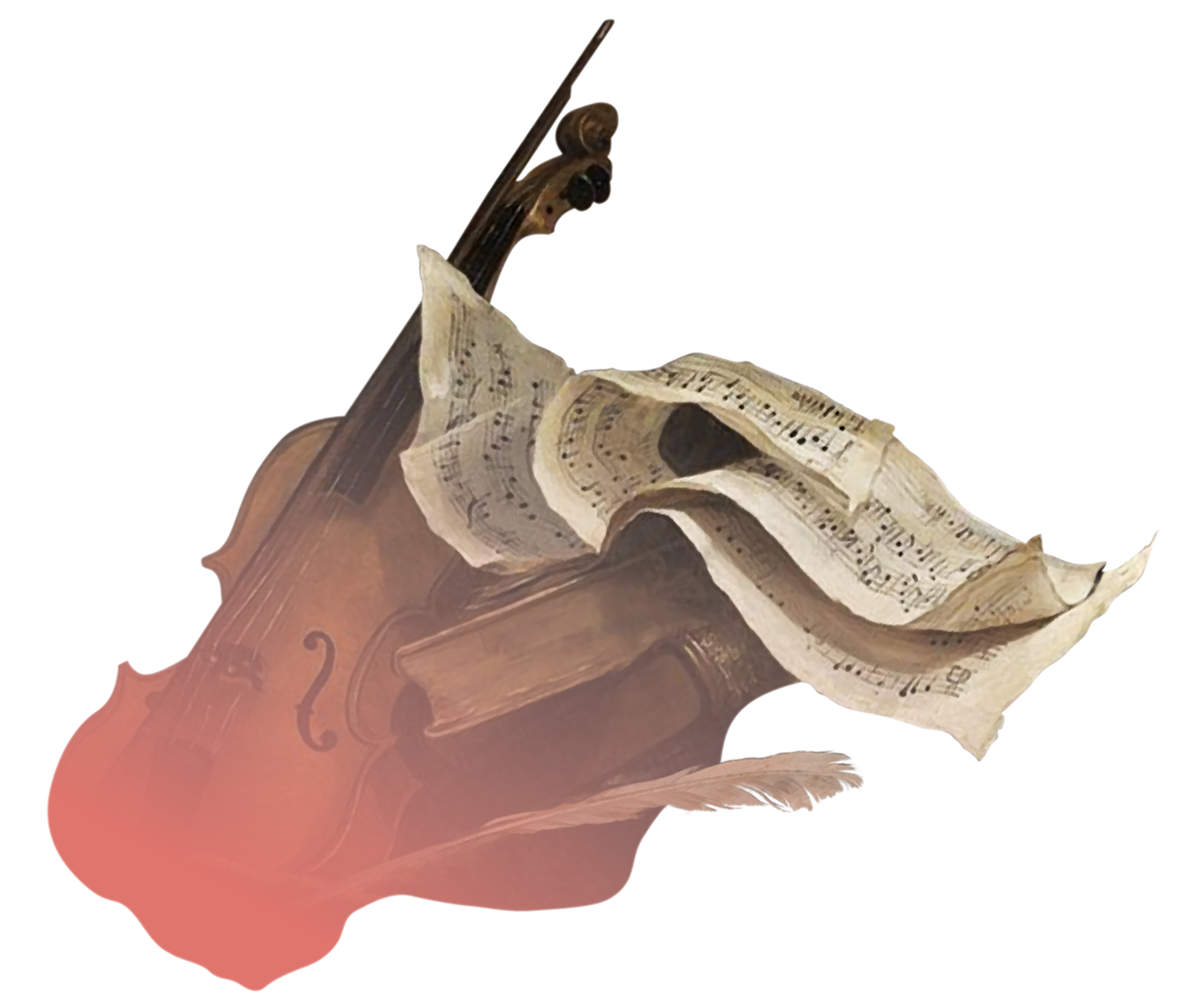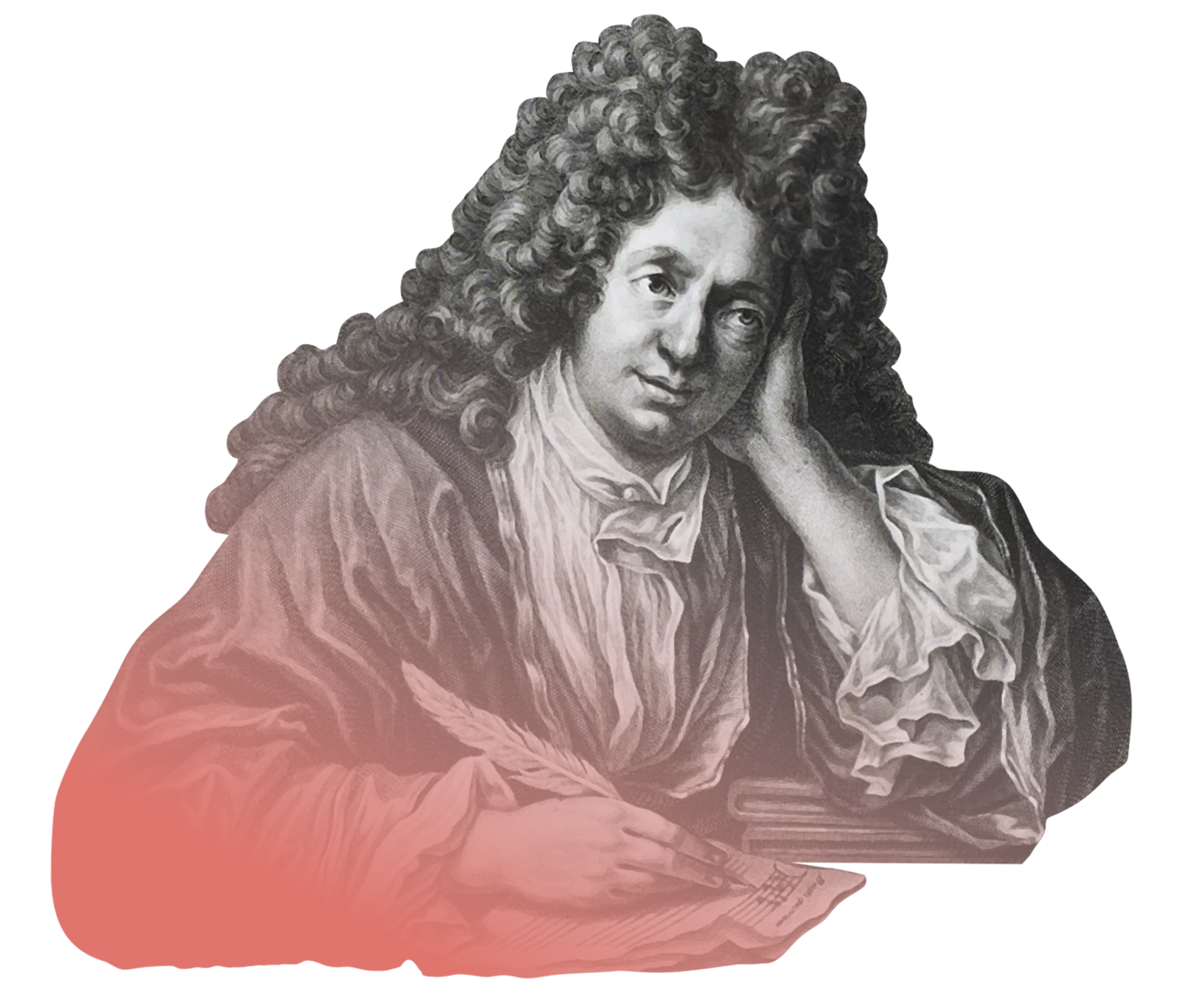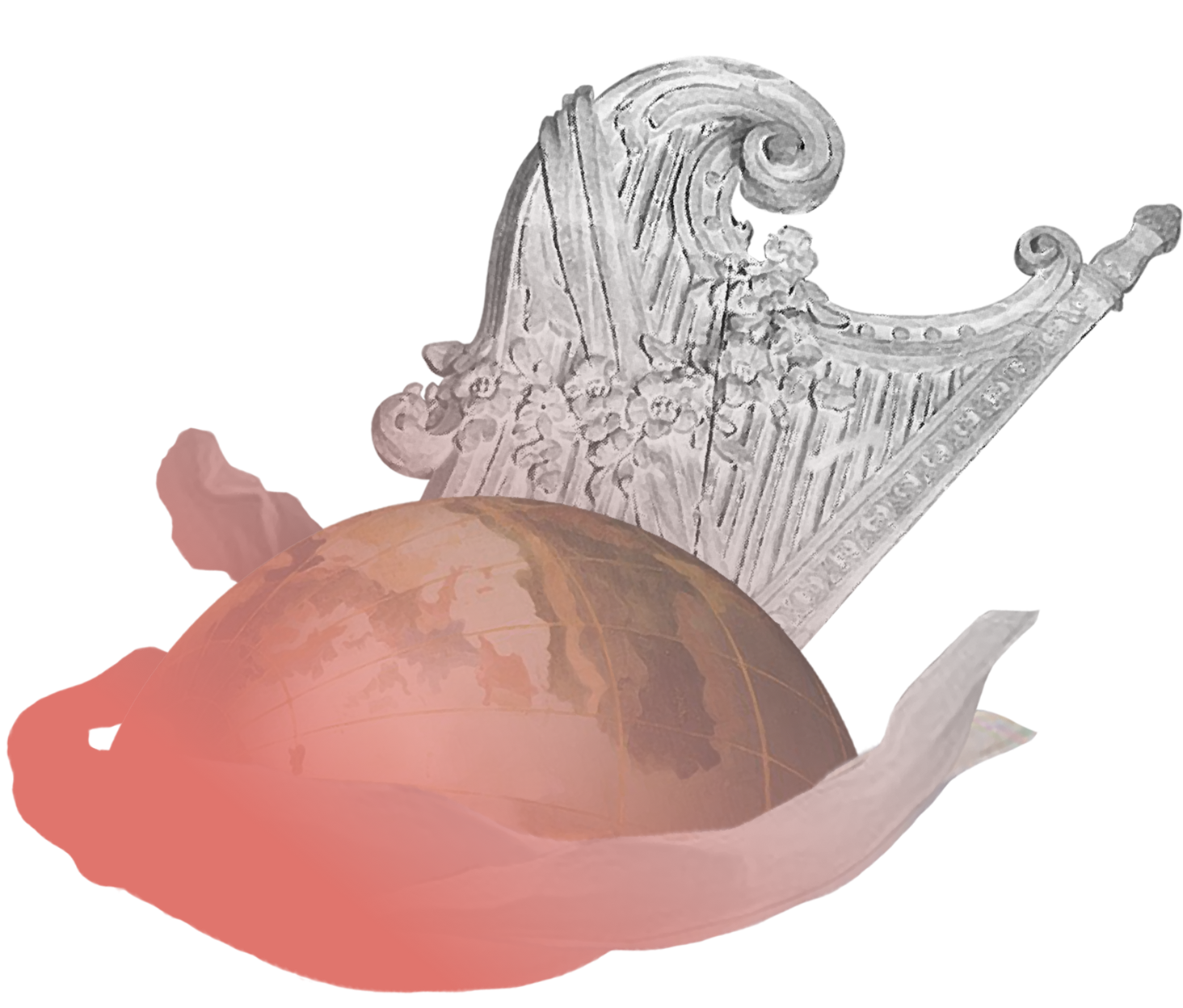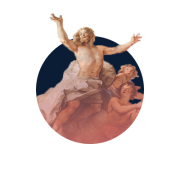-
Part One
-
Part two
-
Part three
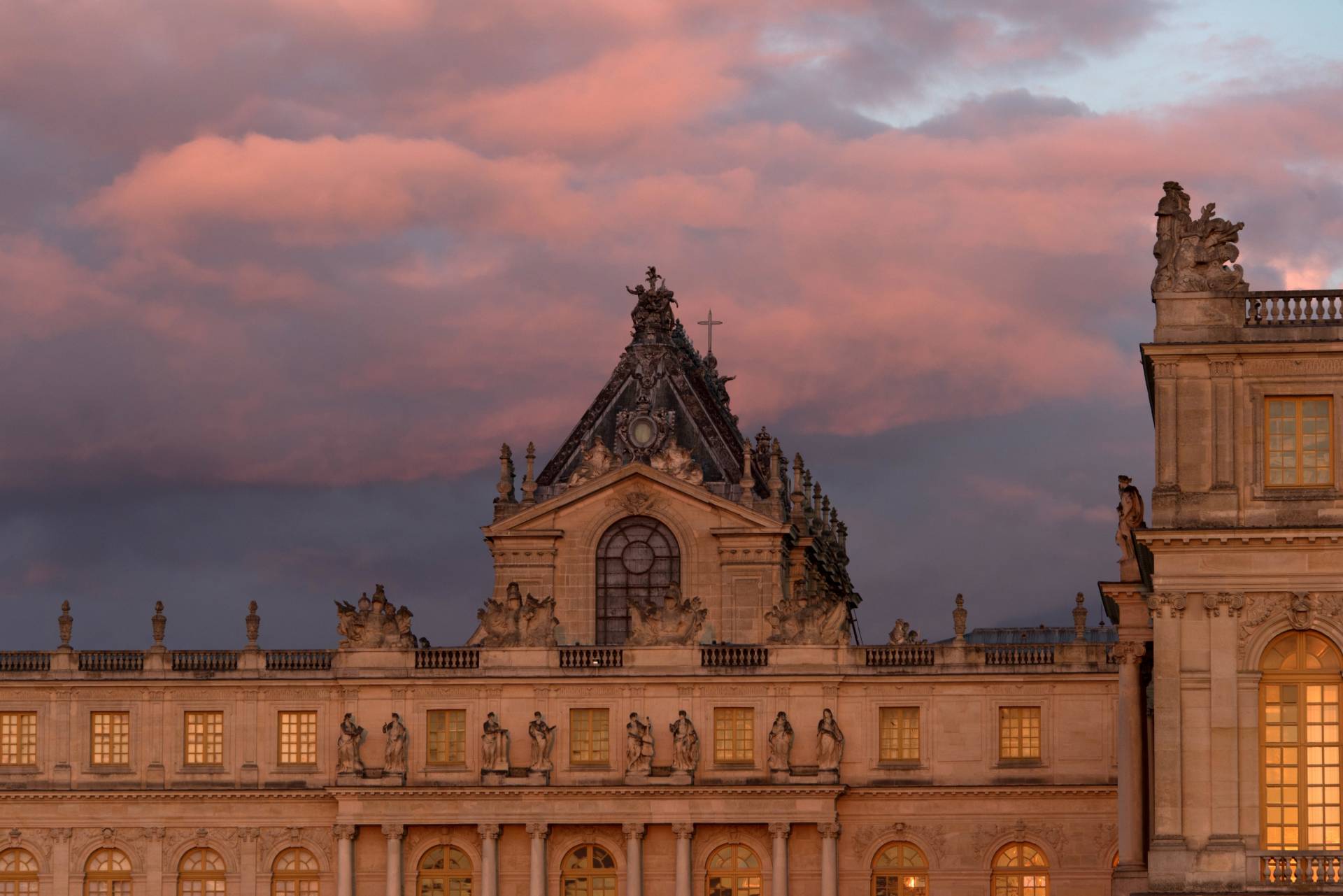
Part One
The King’s day dawns…
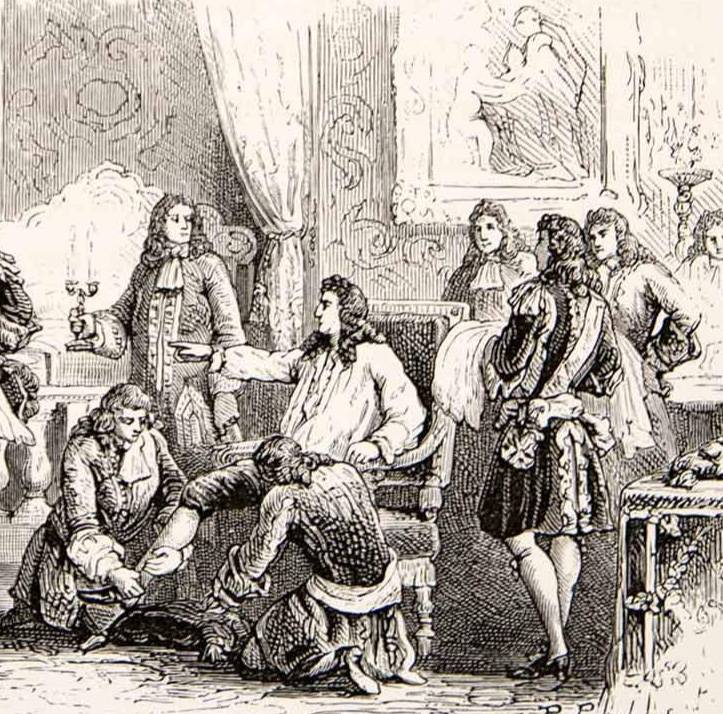
"Your Majesty, it is time to rise!"
The King’s day commenced at seven in the morning. His head valet came up to the King’s bed to awake him. The public ritual of the Lever lasted almost two hours. Selected (male) courtiers hastened to the King’s apartments to attend.
Louis XIV’s morning ritual
-
7 am
The King’s lever
The King’s day commenced at seven in the morning. His head valet came up to the King’s bed to awake him. The public ritual of the Lever lasted almost two hours. Selected (male) courtiers hastened to the King’s apartments to attend.
-
8.30
The "Grand lever"
Those closest to the King entered his bedchamber in turn, once his toilette was completed and he was washed and shaved. Around one hundred people allegedly attended.
-
9 am
Breakfast
The first meal in the King’s day was a modest one. For the equivalent of our breakfast he drank two cups of herbal tea or vegetable broth.
-
10 am
Mass
The King then left his apartments to celebrate Mass. A formal procession hastened to the gallery in the Royal Chapel.
-
Around 11 am
The Council of Ministers
Once Mass was over, the King joined his cabinet to consult with his Ministers. There was a set schedule – on Sundays, the Council of State; on Tuesdays, the Council of Finance; on Thursdays, the Building Projects , etc.
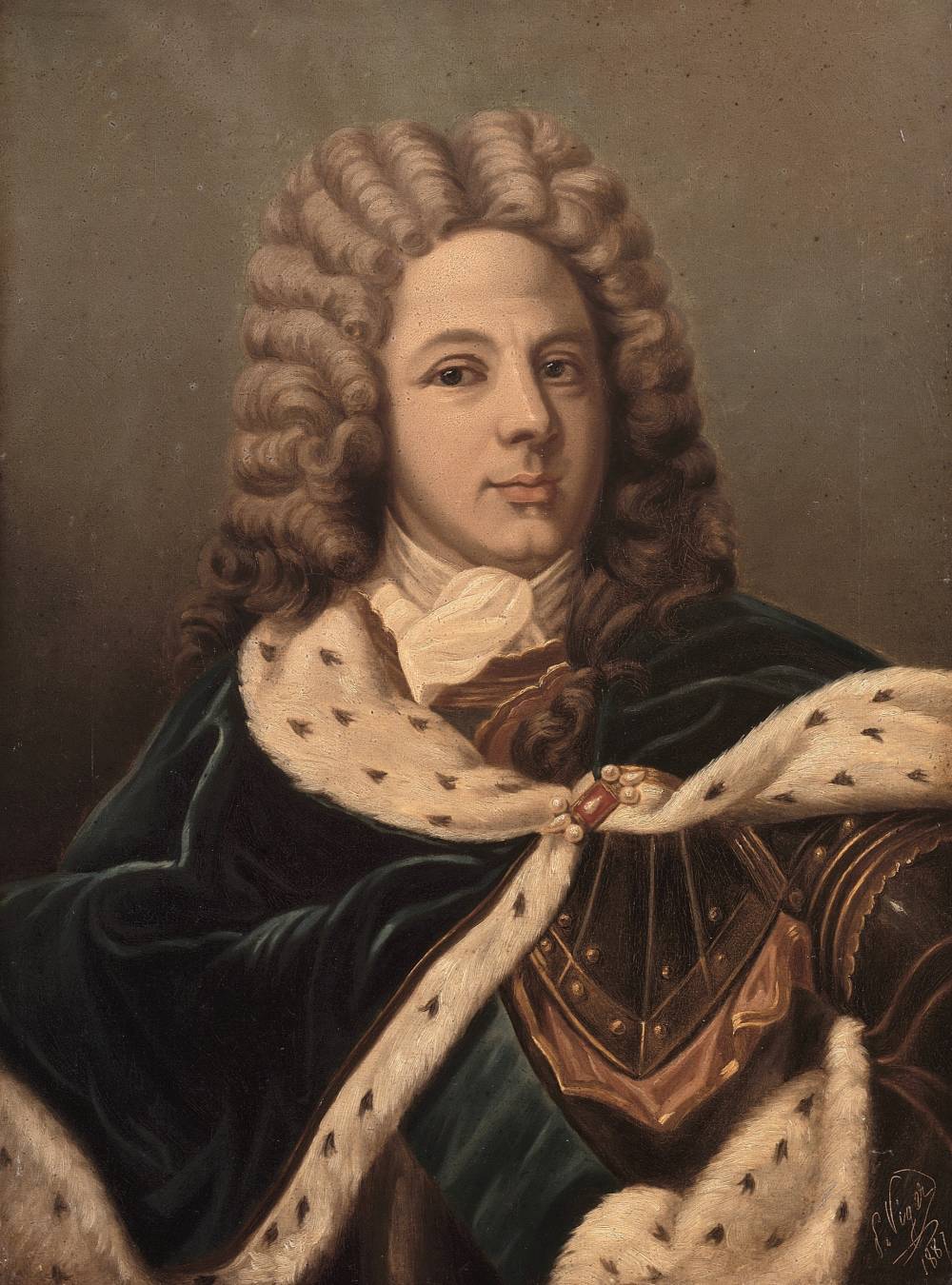
Louis de Rouvroy, duc de Saint-Simon
Louis de Rouvroy, duc de Saint-Simon, a courtier known for his outspokenness. His "Mémoires" describe life at Louis XIV’s court and offer precious insight into the Sun King’s reign.
“The King missed Mass only once in his entire life - (and that was) with his Army on the day of the grand march.”
Mémoires, 1675-1755
Find out more
Music was played throughout the King’s day, from morning to night. The King’s day round the clock, with harpsichordist and musicographer Olivier Baumont.
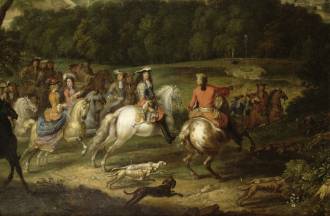
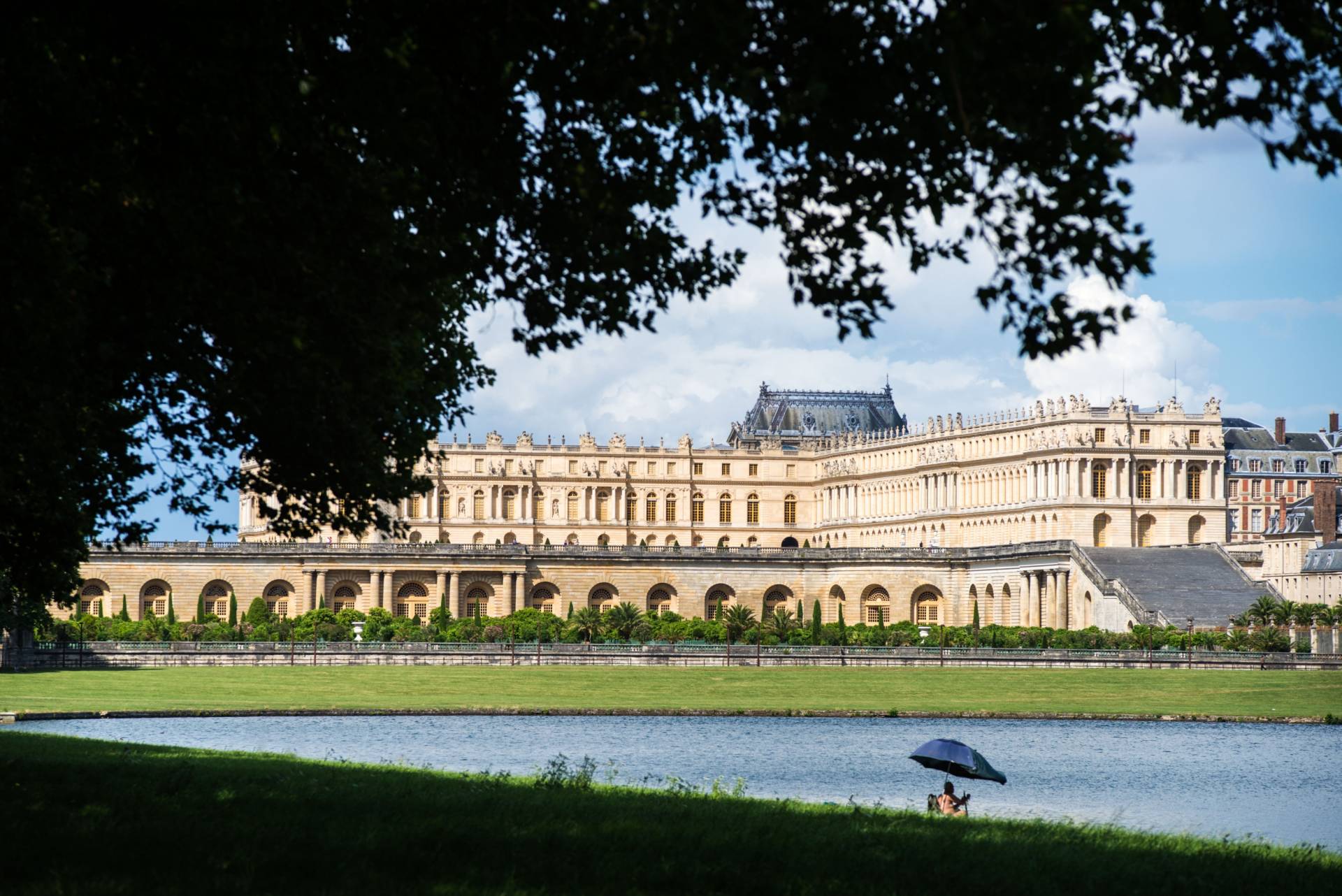
Part two
Musicians before the King
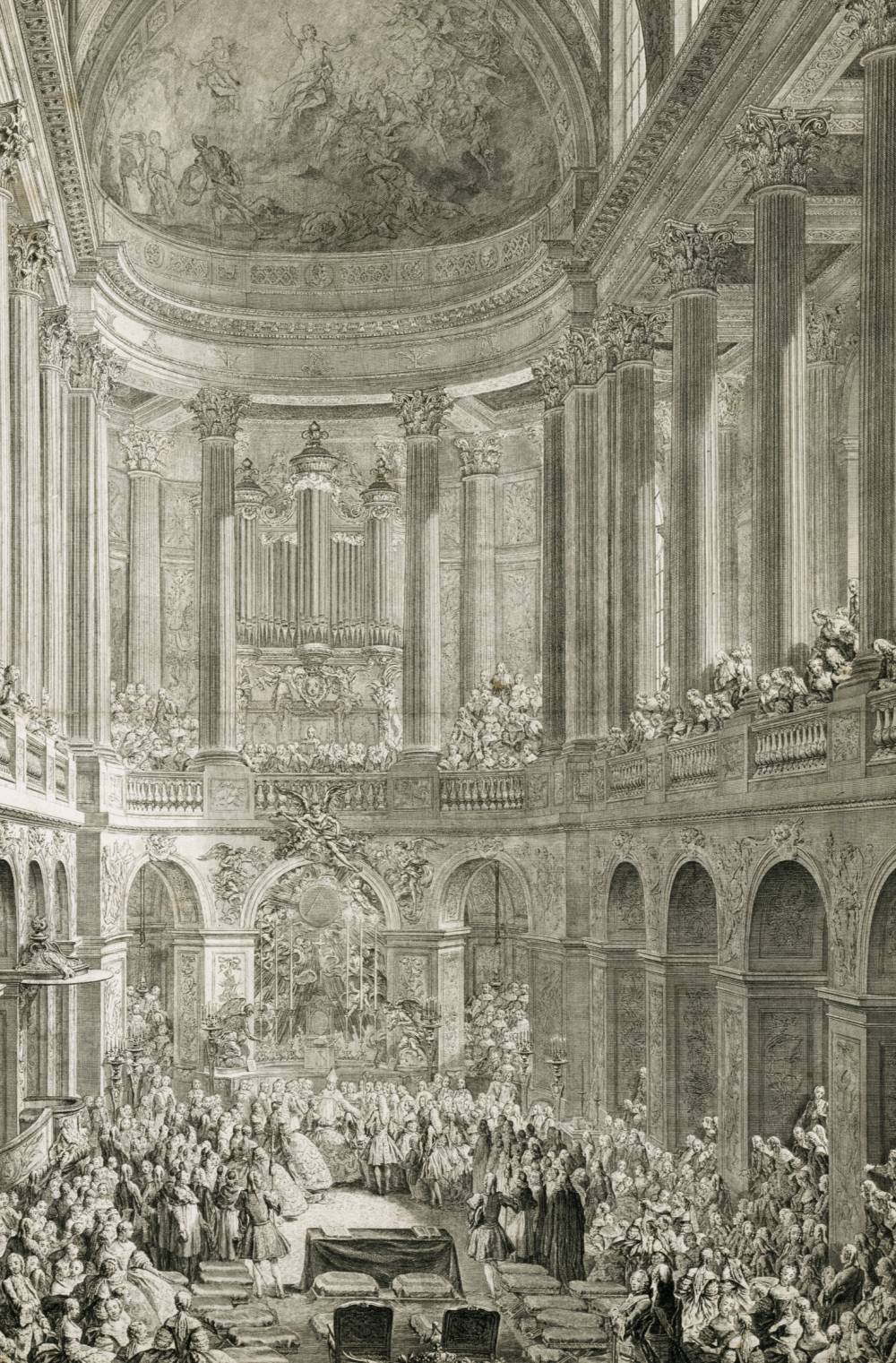
The music starts up
As soon as the Swiss Guards’ drums rolled, announcing the King’s arrival, the choirboys left to join the procession via the balcony. The ritual was meticulously detailed. A mat was rolled out over the gallery balustrade to indicate that the King had arrived. Standing on his left, the Master of the Music of the Royal Chapel presented the King with a book containing the words of the day’s motets. Opposite on the upper floor, the great organ and the musicians were ready and waiting for the Mass to start. The King listened to half an hour of motets for soloists, choirs and orchestra, composed and directed by the Master of Music and sung by adult and child singers and instrumentalists from the Music of the Royal Chapel, which was famous throughout Europe. The audience maintained a respectful silence.
The King only descended to take communion at the altar on grand occasions such as the highlights of the liturgical calendar - Easter, Christmas and Pentecost.
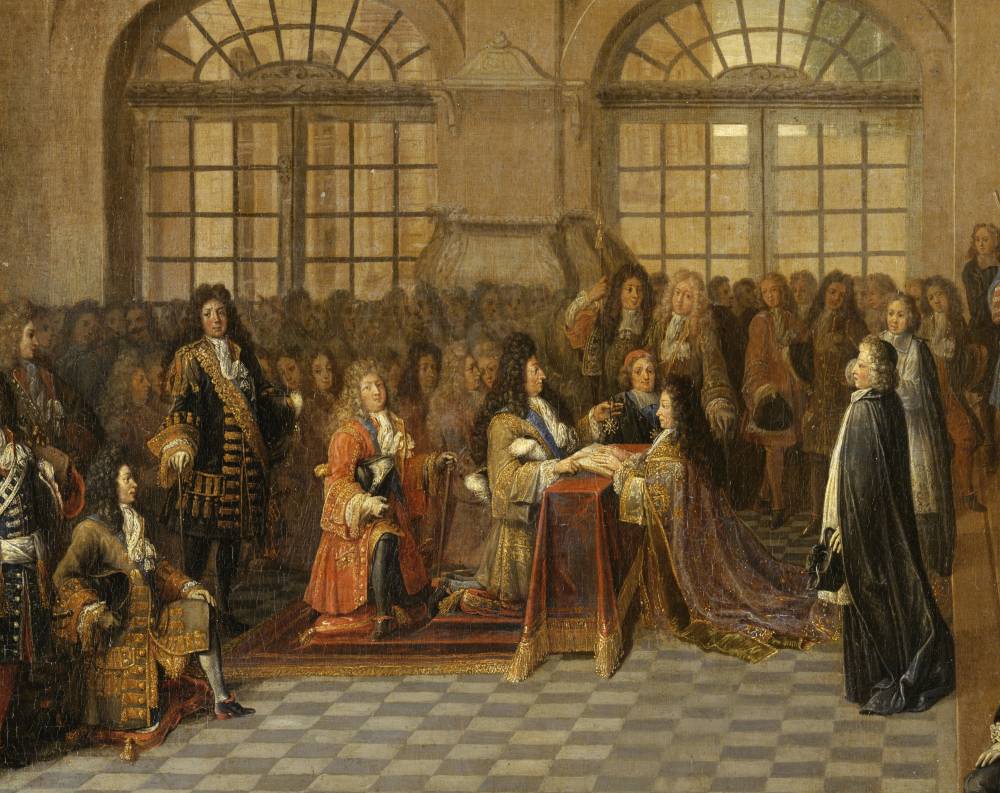
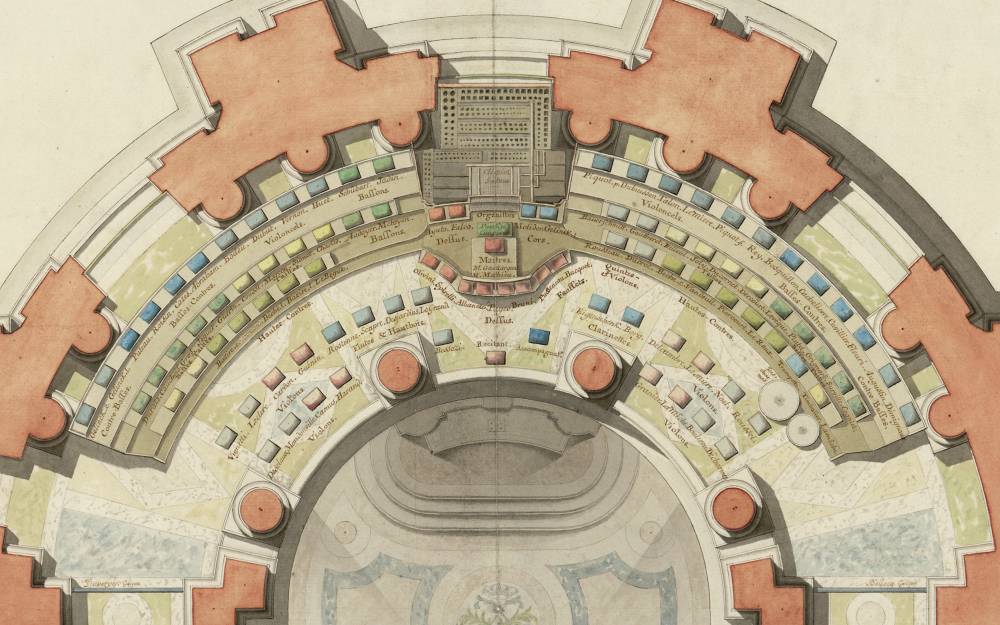
Designated places in the chapel gallery
The musicians were placed on both sides of the grand organ in tiered rows to provide the best acoustics for the wind and string instruments.

"The Great and Good in the Kingdom assemble at a certain time every day in a Temple they called a Church. At the back of this Temple stands an altar dedicated to their God where a priest celebrates mysteries they call Saints, both sacred and formidable…”
excerpt from "Caractères"
Find out more
During the King’s Mass music was thus played from the upper floor in the Chapel and the Music Masters’ compositions took this into account. In 2017, the CMBV took up the challenge of playing Michel-Richard de Lalande‘s motets from the chapel gallery.
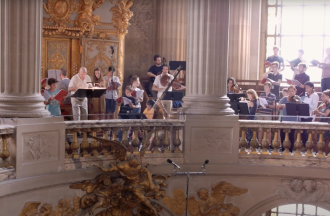
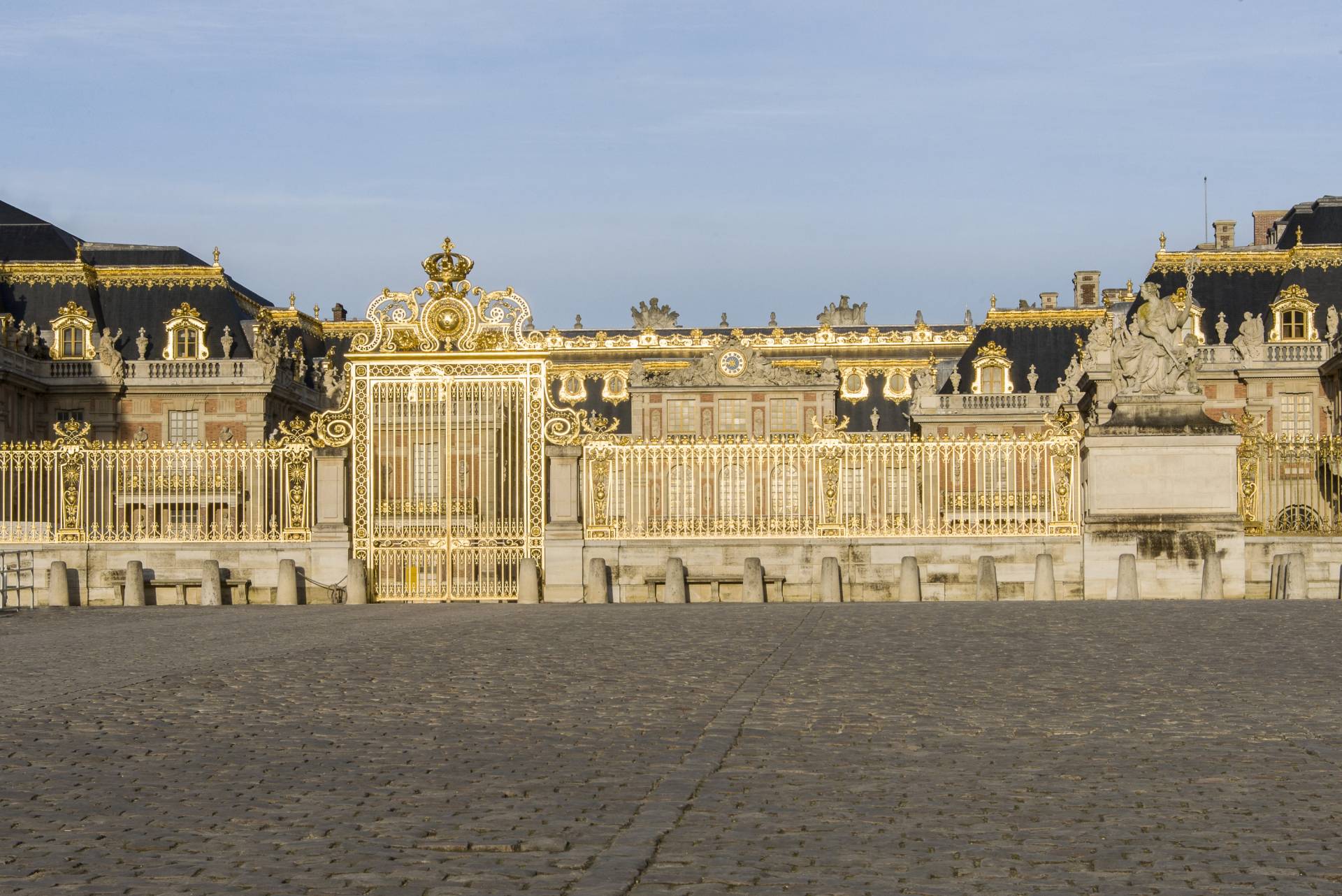
Part three
A Musical Hive of Activity
Fervent productivity
The musical output of the Music Masters at the Royal Chapel in France was unusually prolific. People are (rightly) impressed by the amount of music produced by Johann Sebastian Bach, who some 40 years later composed a cantata per week while he was in Leipzig. But in Versailles during the reign of Louis XIV, music was composed for Mass every single day!
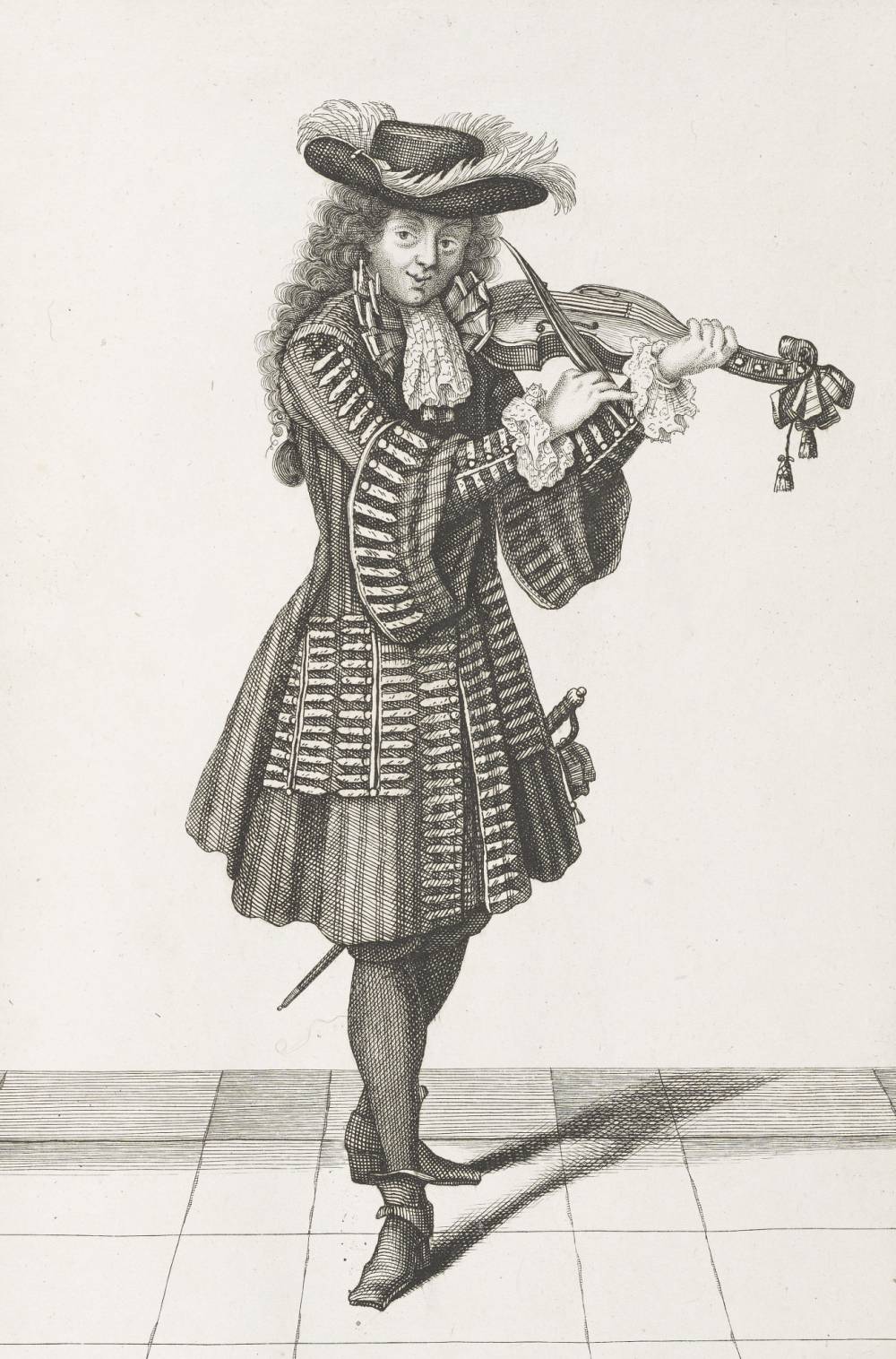
-
320 Masses
or church services per year, i.e. over 80 masses per Music Master (one Music Master per quarter).
-
30 minutes
of music per Mass
-
2 - 3
motets per day
-
77 motets
composed by Michel-Richard de Lalande

To maintain the schedule, Music Masters sometimes recycled old motets or borrowed material from existing compositions. Louis XIV had his favourite motets and readily requested them.
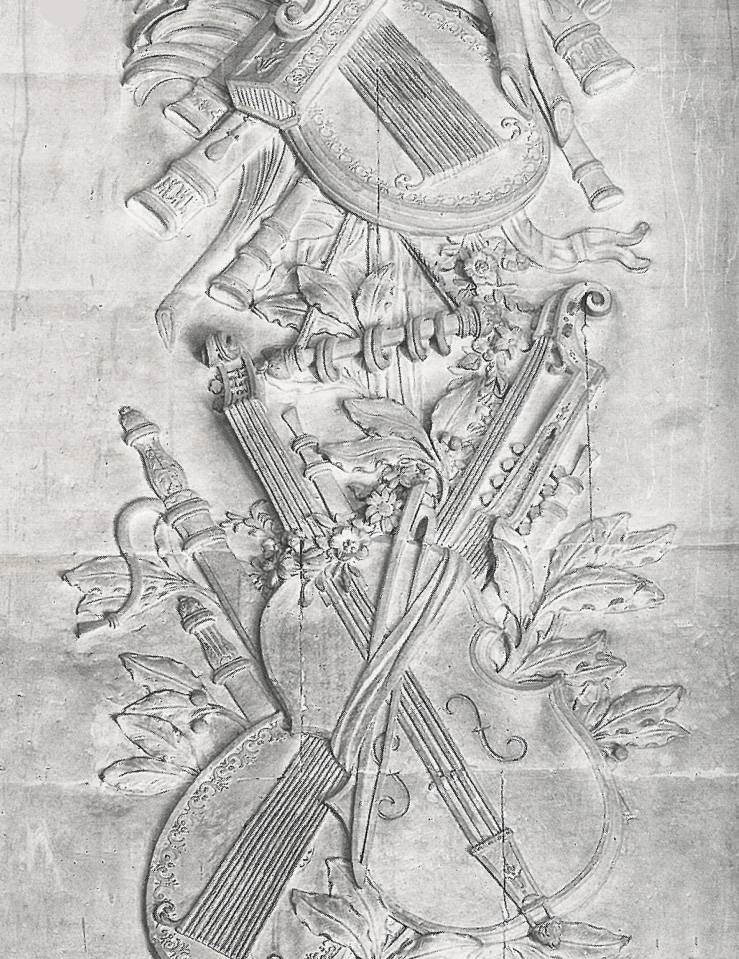
The sculptors who produced the ornamentation in the Royal Chapel understood the importance of music in this hallowed place, and instruments and scores featured largely in the bas-reliefs.
Find out more
Relations between the various departments of the King’s Music could be stormy. Violinist Daniel Cuiller talks about the Te Deum war which inspired his album.

